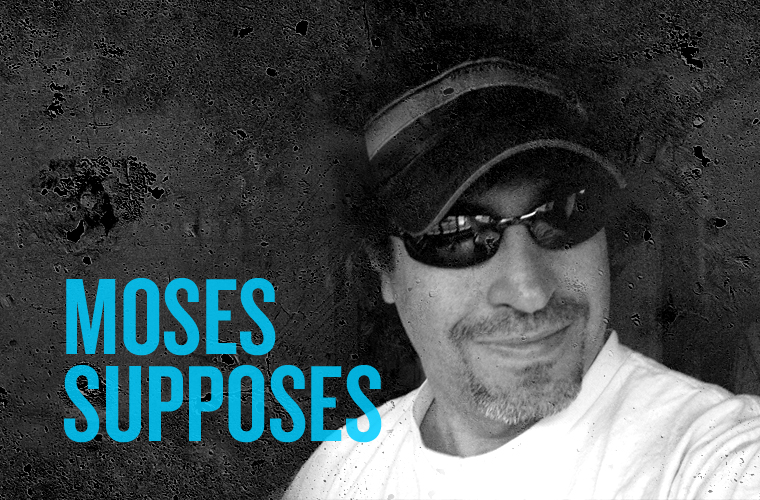Moses Avalon is one of the nation’s leading music-business consultants and artists’-rights advocates and is the author of a top-selling music business reference, Confessions of a Record Producer. More of his articles can be found at www.mosesavalon.com.
The following includes slides and facts presented at my NAMM 2011 panel presented by H.O.T. Zone as well as reprinted material from a 2004 article.
In April of 2004, I was working on a piece for Keyboard magazine about bar codes. I was trying to determine if the “free” bar code that many CD replicators provide is a real added value to the indie artist, or just a bogus premium. But what evolved was a much bigger and more important story. Talking to SoundScan revealed a massive untruth disseminated by the RIAA about the reality of declining record sales.
SoundScan (owned by Nielsen) uses the bar codes on CDs to register sales at record stores. The correlated data contributes to the Billboard chart listings, as well as much of the market research used by record companies. Through my investigation, I learned things that would contradict reported statements by the RIAA — mainly that US labels had a significant reduction in sales from 2000-2004.
My panel at the 2011 NAMM show this year is all about getting to the bottom of the fallacy that the music business is in disarray, and this means understanding why SoundScan can say that sales are stable yet the press — the RIAA — can say that sales are plummeting.
So to facilitate that, I’ve reprinted the key portions of that April 2004 article in this piece.

